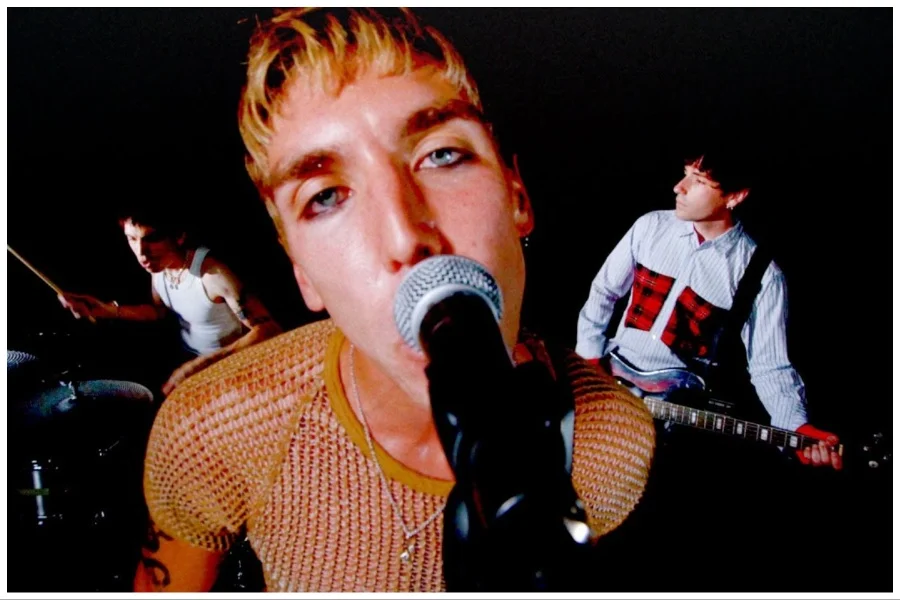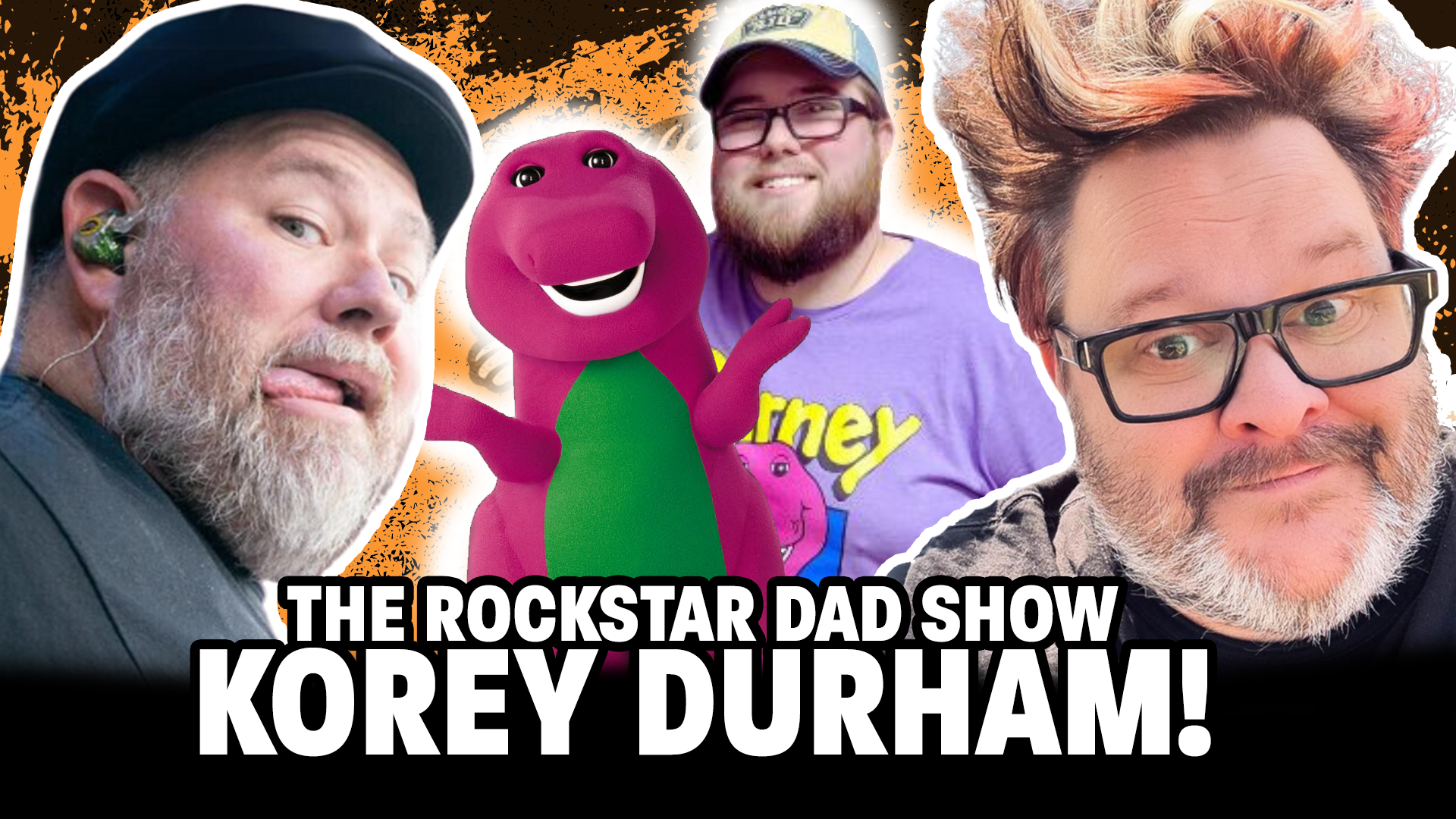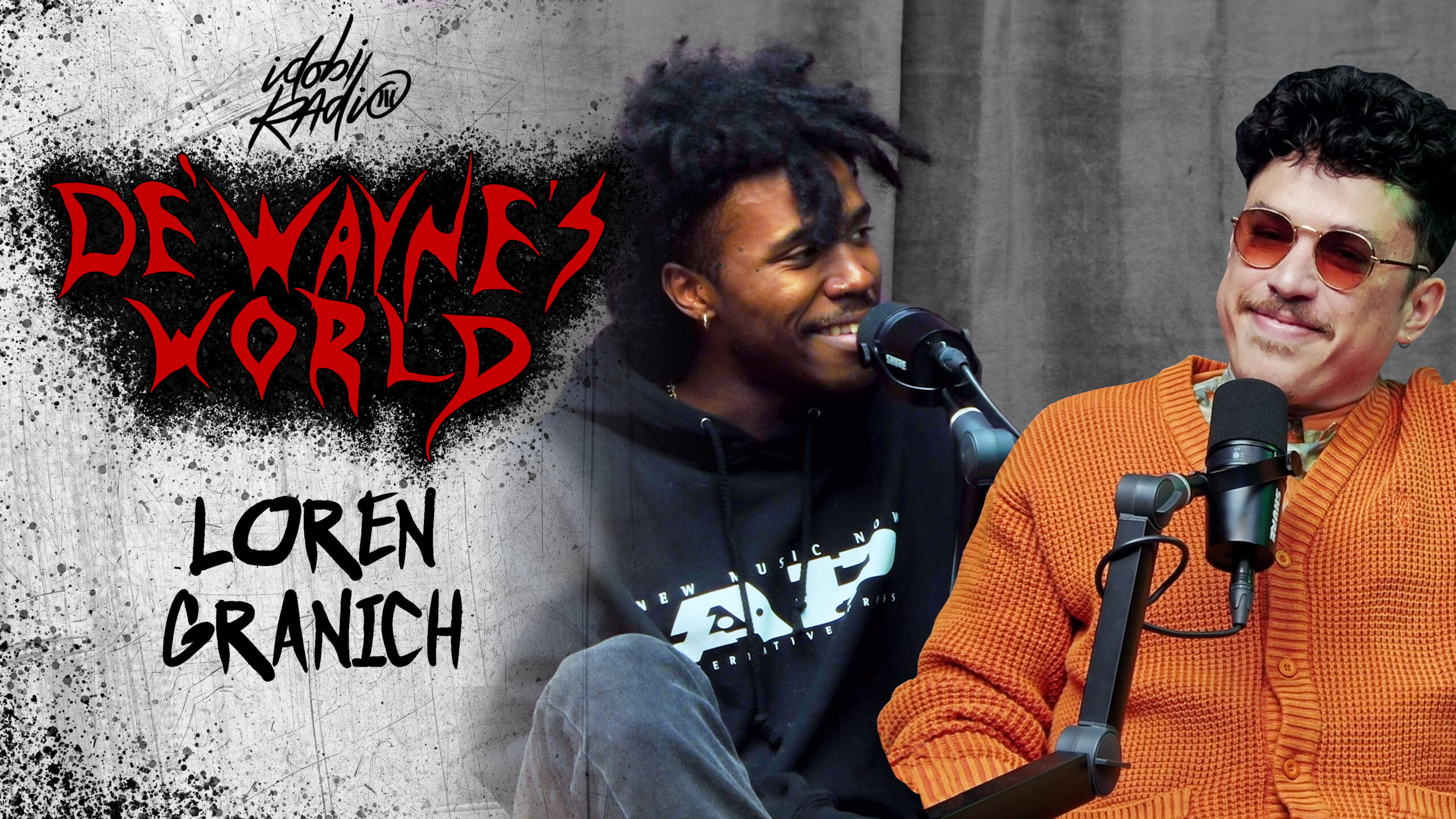
As Bad Suns bask in the infinite joy emanating from their new EP, the six-track collection is more than meets the eye. In the creative universe of Christo Bowman, the visionary force of the group alongside Gavin Bennett (bass) and Miles Morris (drums), the group paints an ocean of emotions across each song, musing in on sorrow, pain, and joy. Ultimately, the amalgamation of the tracks on Infinite Joy reflects a picture of immense personal growth and resilience.
In idobi Radio’s exclusive interview with Bowman, the vocalist/guitarist hones in on the influences that fueled the writing and recording of Infinite Joy, as well as his decision to seek sobriety from alcohol in October 2022. As he humbly acknowledges the challenge of articulating the sonic journey of the EP, he invites us to experience the evolution of the group firsthand, letting the melodies and rhythms speak to our individual interpretations.
Check out our insightful interview with Bowman below while streaming Bad Suns’ new collection, Infinite Joy.
Can you share the inspiration behind the title Infinite Joy and how it reflects the theme of your new collection?
I’m always reading books, jotting down words and phrases which jump out at me. These songs are about processing and embracing pain rather than silencing it. No feeling or experience is more or less important than the next. Every moment and every emotion has an equal value and importance in shaping who we are. For me, Infinite Joy is a reservoir accessible when living in the present moment.
How did working with Grammy award-winning producer Ben Allen influence the sound and direction of the EP, especially compared to your previous album, Apocalypse Whenever?
Ben is a really intuitive guy. He has a very thoughtful way of getting the best out of everybody in the studio. Apocalypse Whenever was a more heavily constructed pop album, whereas this collection of songs has a more free-flowing, easy-going, live feel.
Can you delve into the creative process behind this collection and how your sobriety from alcohol helped to motivate and inform the tracks on the release?
For me, writing music and drinking would fill the same hole. I only ever wanted one or the other. I would never feel the urge to drink while I was writing music, and vice versa. At all times, I’m hearing music that doesn’t exist in my head; melodies and chord changes will come to me at the most inopportune moments, often when I’m supposed to be doing something else—going to sleep, for instance. It can be maddening. For years, I used booze to quiet those voices and instruments. Now, I just embrace them, and I work through my problems instead of trying to work my way around them.
The lyrics of your songs are so vulnerable and contemplative. How has your approach to songwriting evolved with this new release, and what themes did you find yourself exploring that you may not have in the past?
I wrote Language & Perspective and then Disappear Here, back to back, between the ages of 15 and 21. After we completed that second album, I felt like I had covered pretty much everything I had to say about my adolescence and entry into adulthood. I wanted to take some time off just to travel and live a life separate from album campaigns, but we were told we had to keep touring to feed the business, and I was pressured into turning around another album as quickly as possible in order to do so. I have a lot of negative feelings towards our album Mystic Truth for that reason.
At the end of the day, I can write a song in my sleep, and so that’s essentially what I did. I started crafting fictional narratives and injecting them with observations and experiences from my personal life secondarily. Apocalypse Whenever was me getting my confidence back as a writer, and while the narratives remained largely fictional, I had better harnessed those skills and found a more compelling balance between stories and personal truths. It was a beautiful experience for me. However, the guys in the band weren’t having any fun. We made that record during the pandemic, and it was quite a disjointed experience for us as a band.
With Infinite Joy, the priority was reconnecting as a unit. I view it as a transitional project. These songs are more confessional, like pages taken from my diary. Negative feelings aside, our third and fourth albums were massively important to getting where we are as a band today, and for that, I’m grateful. Really, what I’m excited for is what comes next.
Can you talk about the evolution of your sound from Bad Suns’ beginnings and the musical elements that define Infinite Joy?
I could try, but perhaps not effectively. As the saying goes, “Talking about music is like dancing about architecture.”
How were you able to navigate creating a space for diverse listener interpretations and reactions across the EP so that it would feel relatable but also deeply emotional?
Maybe I did, and maybe I didn’t. I like to find crafty ways to insert double meanings in my lyrics when possible. Most of my best lyrics can be interpreted in more ways than one. I find it’s helpful to be as specific as possible in certain moments and then less so in others.
As the frontperson of the group, what did you learn from Infinite Joy while you were creating it? What personal growth did you see in yourself with this release?
I’m learning how to be a good leader, as well as how to take direction from the other members of the band. In the past, I think I resented and rejected that shifting role quite a bit. Now, I embrace it. Being in a band with Miles and Gavin is one of the true blessings in my life.






























